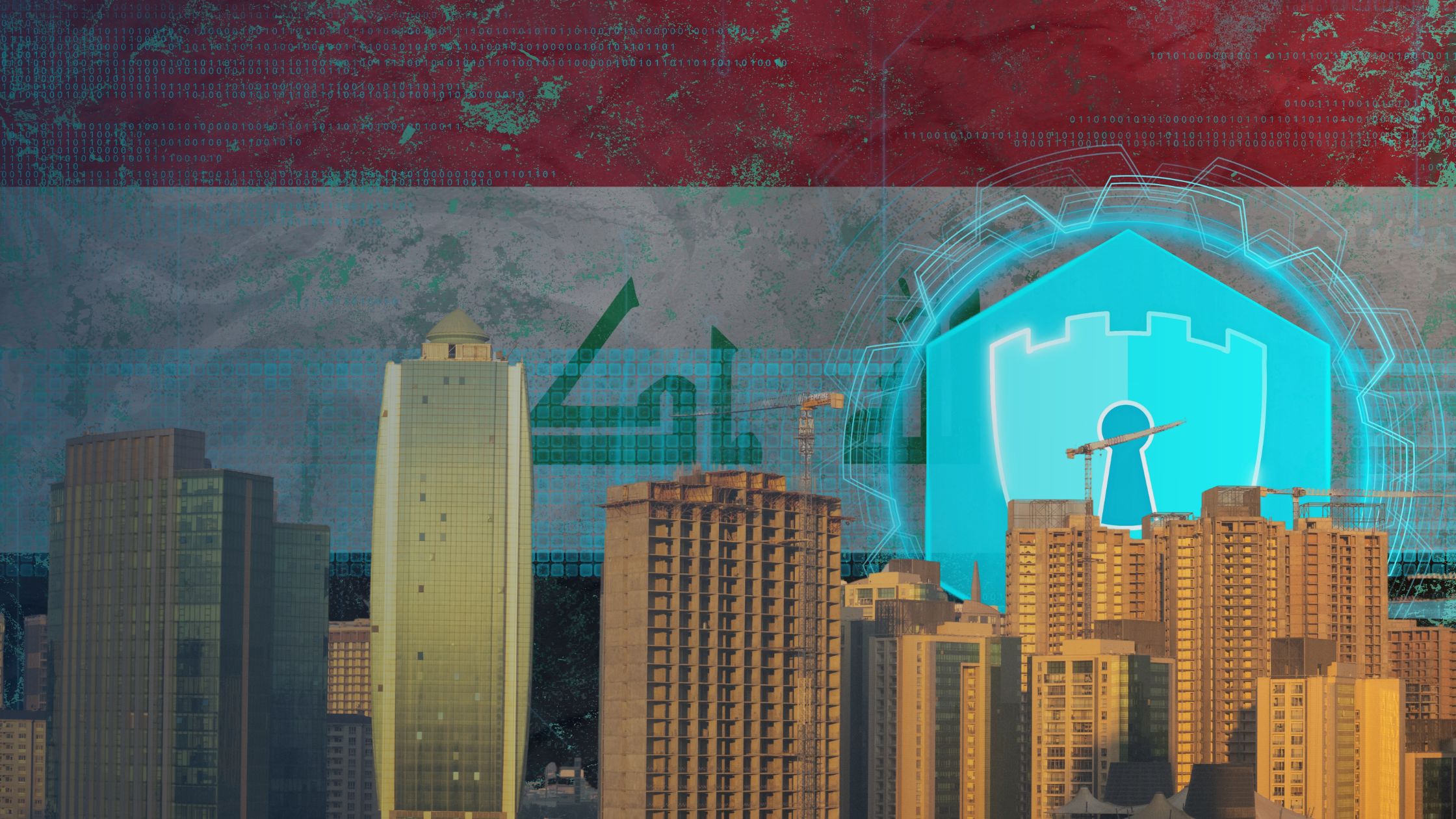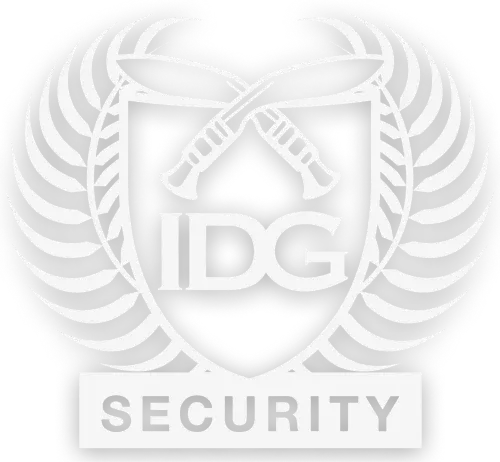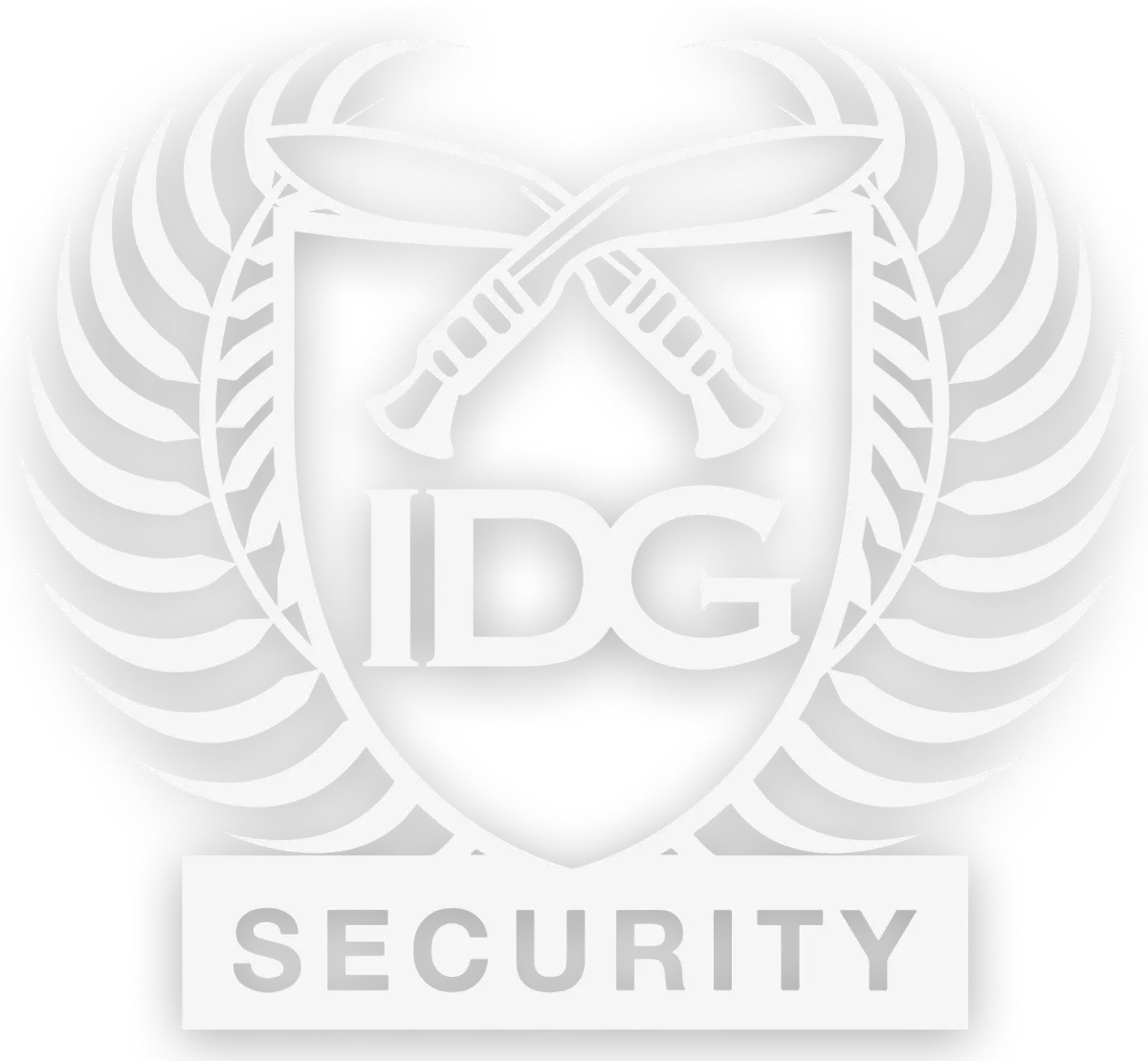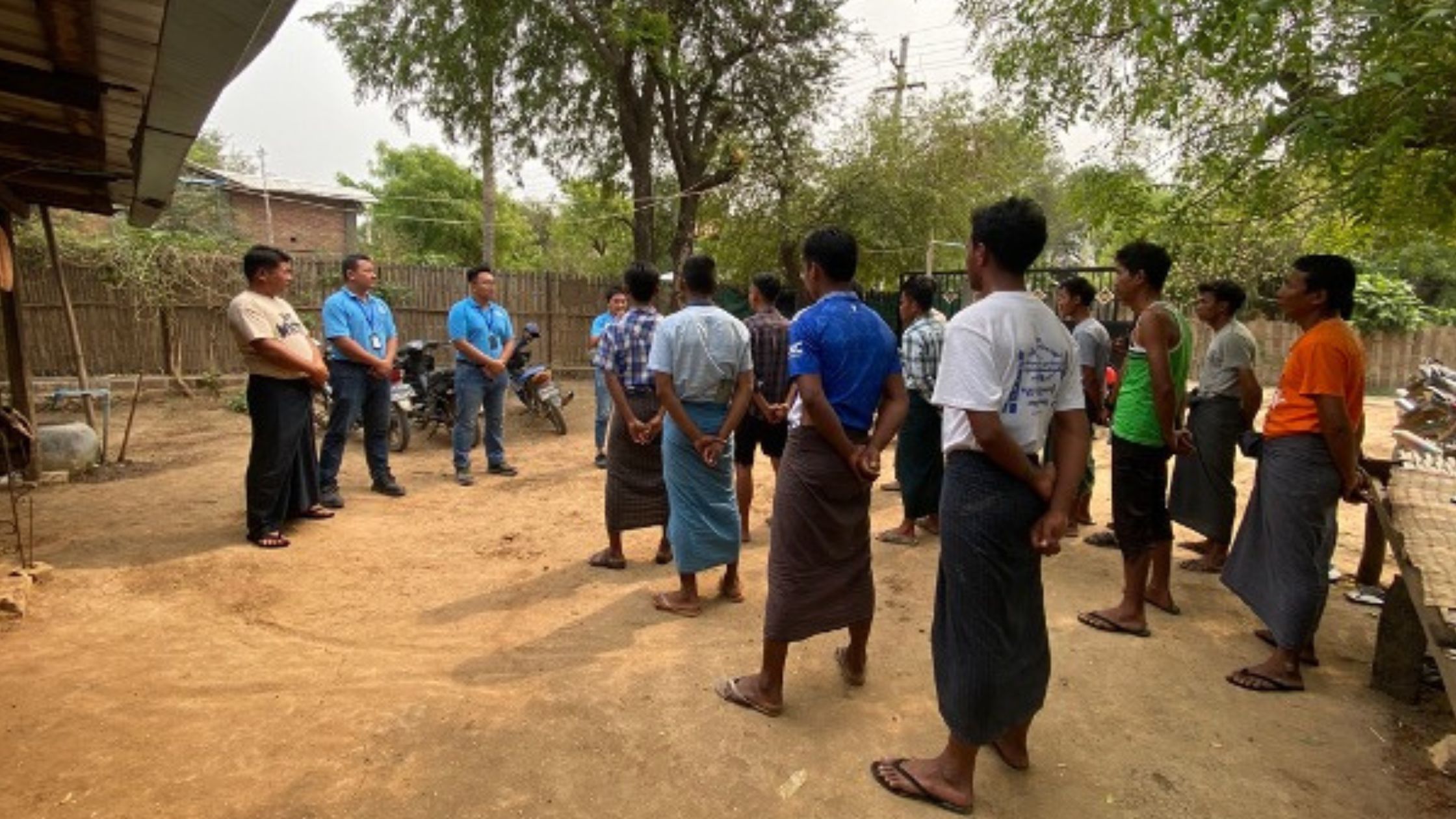
How Do Iraq’s Security Laws Impact Different Business Sectors?
Iraq’s diverse industries operate in a complex and often challenging security environment, shaped by unique risks, regulations, and operational needs. From the energy and financial sectors to humanitarian organisations and multinational corporations, businesses must navigate a maze of local laws, international standards, and evolving threats to ensure compliance and protection.
This article explores how Iraq’s security laws impact key industries, highlighting the specific challenges each sector faces and the measures needed to safeguard assets, personnel, and operations. Whether you’re managing oil rigs, running financial institutions, or operating NGOs, understanding these regulations is critical to maintaining resilience and security in this dynamic landscape.
Energy Sector
In the energy sector in Iraq, security regulations are shaped by a combination of local legal frameworks, international best practices, and the unique challenges posed by the country’s security environment. Oil and gas operations, which form the backbone of Iraq’s economy, are subject to rigorous physical security requirements, especially at rig sites and critical infrastructure such as pipelines, degassing stations, and accommodation camps.
These requirements include the establishment of secure perimeters with barriers, surveillance systems, and access control, as well as journey management protocols to protect personnel and assets during transit. While there is no comprehensive federal oil and gas law, existing regulations – such as the Organisation of Ministry of Oil Law No. 101 of 1976 and the Protection of the Environment Law No. 27 of 2009 – mandate measures to safeguard both people and the environment, including the prevention of environmental damage and proper disposal of hazardous waste. Additionally, companies are contractually bound to follow international best practices in safety and environmental management.
The sector also faces heightened risks from terrorism and sabotage, particularly targeting electricity infrastructure, which has led to increased emphasis on both physical and cyber security measures. As Iraq continues to develop its energy security strategy, regulatory enforcement and the implementation of robust, multi-layered security protocols remain essential for protecting investments and ensuring operational continuity.
Compliance often requires partnering with expert security providers like IDG Security to implement and maintain robust security protocols.
Financial Sector
For financial institutions operating in Iraq, compliance with security regulations is a critical priority. Under the oversight of the Central Bank of Iraq (CBI), financial institutions – including commercial banks, credit unions, and investment firms must implement comprehensive cybersecurity measures to safeguard sensitive customer data and ensure the integrity of financial transactions.
These organisations are required to follow both local regulatory frameworks and internationally recognised standards such as PCI DSS (Payment Card Industry Data Security Standard) and ISO 27001, which mandate robust network security, encryption of data transmissions, access controls, and regular monitoring and testing of security systems.
Commercial banks need to maintain strong physical security at branches and ATMs, alongside strict digital access controls and surveillance, while credit unions must ensure robust physical security and regulatory compliance with similar rigor.
Investment firms, which handle highly sensitive financial data, must protect both digital assets and executive safety through secure premises and advanced cybersecurity protocols.
In addition to these measures, financial institutions are obligated to maintain detailed records of transactions, implement internal controls, and conduct regular audits to comply with anti-money laundering (AML) and counter-terrorism financing (CFT) regulations, all of which are strictly enforced by the CBI and associated regulatory bodies. Failure to comply can result in significant penalties, including fines and license revocation.
IDG Security offers tailored solutions to help banks and financial service providers stay compliant, secure, and resilient in this evolving regulatory landscape.
Humanitarian and Non-Governmental Organisations (NGOs)
Humanitarian and non-governmental organisations (NGOs) operating in Iraq face heightened risks due to the volatile security environment, necessitating strict adherence to robust security regulations and protocols. Given the country’s history of conflict and ongoing instability, these organisations – spanning humanitarian aid, development, health, human rights, education, environmental protection, economic development, and logistics—must demonstrate heightened vigilance to protect their staff, beneficiaries, and assets.
Security measures are multifaceted, encompassing secure transport systems, thorough staff vetting, emergency response planning, and site security for offices, medical facilities, schools, and field operations. Organisations are additionally required to conduct regular risk assessments, implement crisis management plans, and ensure secure communications, particularly for those working in advocacy or human rights.
Logistics-focused NGOs must safeguard supply chains and transport routes, while all entities are increasingly expected to maintain strong IT security, conduct cybersecurity audits, and protect sensitive data from digital threats.
Regulatory oversight often requires NGOs to coordinate with local authorities and international bodies, and to provide evidence of compliance with both Iraqi law and global humanitarian standards.
To navigate these complex requirements, many NGOs in Iraq partner with specialised security providers like IDG Security, which offer tailored support to ensure operations remain secure, compliant, and resilient in the face of evolving risks.
Multinational Corporations
Multinational corporations in Iraq must navigate a complex regulatory framework that blends stringent local security requirements with the need to meet international standards. Security is not only a compliance issue but also a core operational necessity due to Iraq’s ongoing security challenges, including threats from terrorism, civil unrest, and cyber risks. MNCs are subject to the Private Security Law of 2017, which mandates that all security service providers – including those contracted by MNCs – must be licensed by the Ministry of Interior, with contracts and employment arrangements requiring approval and oversight. Foreign security personnel must undergo additional vetting by the Ministry of Defence and the National Security Agency, reflecting the high priority placed on national security.
In addition to physical security, MNCs must address cybersecurity vulnerabilities, as Iraq’s digital infrastructure remains exposed to cyber threats that can impact both operations and data integrity. The government is working to strengthen its cybersecurity posture, but MNCs are advised to implement robust information security systems and collaborate with local authorities, such as the Iraqi Cyber Incident Response Team, to mitigate risks. The recent push for digital transformation and business registration reforms further underscores the importance of secure, compliant digital operations and data protection.
MNCs also need to comply with evolving labour laws, which now require digital registration and reporting of employee data, as well as adherence to social security and contract regulations. With no specific antitrust legislation but strict foreign ownership limits (typically capped at 49% for foreign investors), MNCs often partner with local entities and must undergo a national security review before finalising any significant business transactions.
Given these complexities, MNCs benefit from specialised support to ensure seamless compliance with both local and international security regulations, safeguarding personnel, assets, and sensitive information while maintaining operational continuity in Iraq.
Corporate Industries
Corporate industries in Iraq are governed by a comprehensive set of regulations that address both operational and security needs, while also aiming to align with international standards and attract investment. Key regulatory requirements for corporate industries include:
- Corporate Governance and Compliance: Companies must register with an Iraqi top-level domain (.iq), lease a local PO Box, and submit annual reports, accounts, and minutes of general assembly meetings to the Registrar within strict deadlines. The Registrar can inspect company records at any time, and failure to comply can result in fines or imprisonment for responsible officials.
- Digital and Cybersecurity: Technology, IT, and telecom companies are required to implement robust cybersecurity measures, access controls, and infrastructure protection. Recent reforms mandate digital business registration, electronic transactions, and secure IT systems, with telecom providers requiring site security for data centres and network nodes.
- Manufacturing, Logistics, and Warehousing: These sectors must maintain perimeter and site security, access control, and asset protection. Health and safety compliance is mandatory, and logistics firms must manage risks throughout the supply chain.
- Pharmaceuticals and Healthcare: Protection for R&D sites, manufacturing plants, and supply chains is required, along with site security and emergency planning for private hospitals and clinics.
- Media, Entertainment, and Events: Media houses must protect journalists, studios, and digital assets, while event management companies are responsible for crowd management, site security, and VIP protection.
- Energy & Utilities (Non-Oil & Gas): Power generation and distribution companies must secure power plants, substations, and grid infrastructure. Renewable energy firms need protection for remote sites such as solar and wind farms.
- Infrastructure & Construction: These industries are required to implement site security, perimeter control, health and safety protocols, and risk management practices.
- Retail and Service Industries: While specific regulations may vary, these sectors must comply with labour laws, digital registration requirements, and maintain appropriate security measures for staff and customers.
Conclusion
Even though different industries have unique security needs, there are commonalities across all sectors when it comes to protecting their assets and personnel. From physical site security to digital data protection, companies must develop comprehensive security plans that address the specific risks and threats they face. As technology continues to advance and new forms of crime emerge, businesses must constantly adapt and update their security measures to stay ahead of potential threats. By prioritising security in their operations, companies can not only protect themselves from financial loss but also maintain a safe environment for their employees and customers.
The Value of External Expertise
Partnering with experienced security consultants like IDG Security provides invaluable support for navigating Iraq’s complex regulatory environment. External experts offer up-to-date insights on legal requirements, industry best practices, and tailored solutions that align with your business’s unique needs and sector risks.
How can IDG Security help businesses navigate Iraq’s complex security regulations
IDG Security is uniquely positioned to help businesses navigate Iraq’s complex security regulations by leveraging its deep sector expertise, extensive experience in high-risk environments, and a commitment to ethical standards and international best practices. Please contact IDG for further information on how we can support your business in Iraq.




